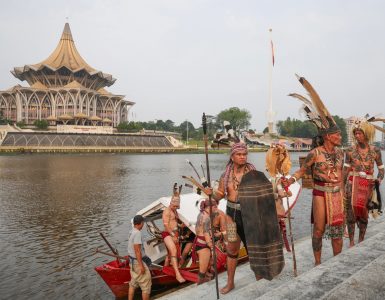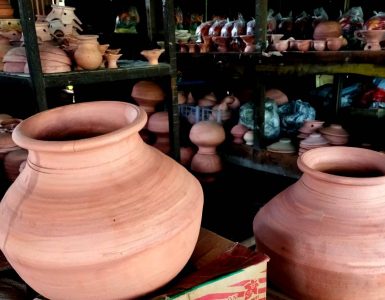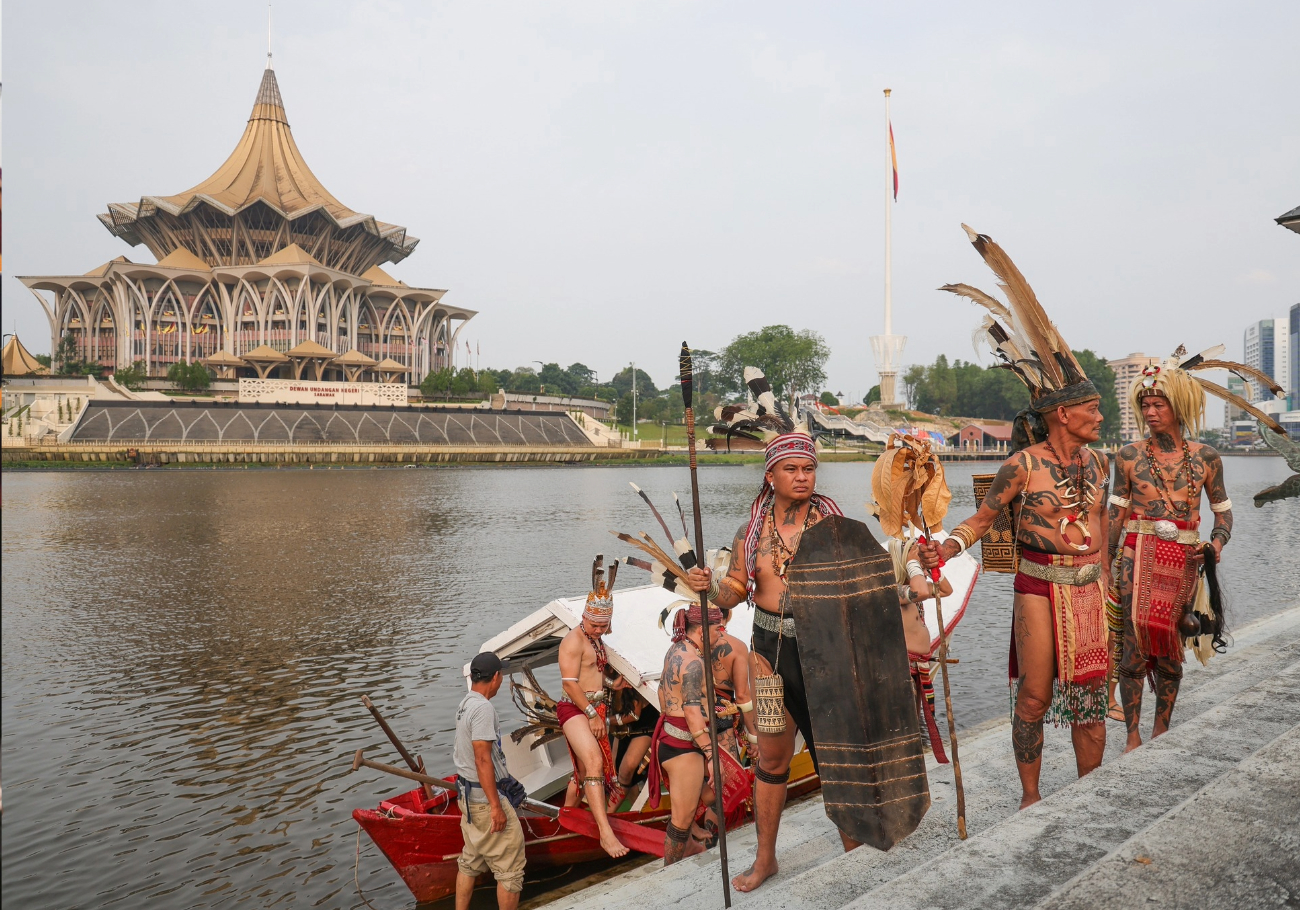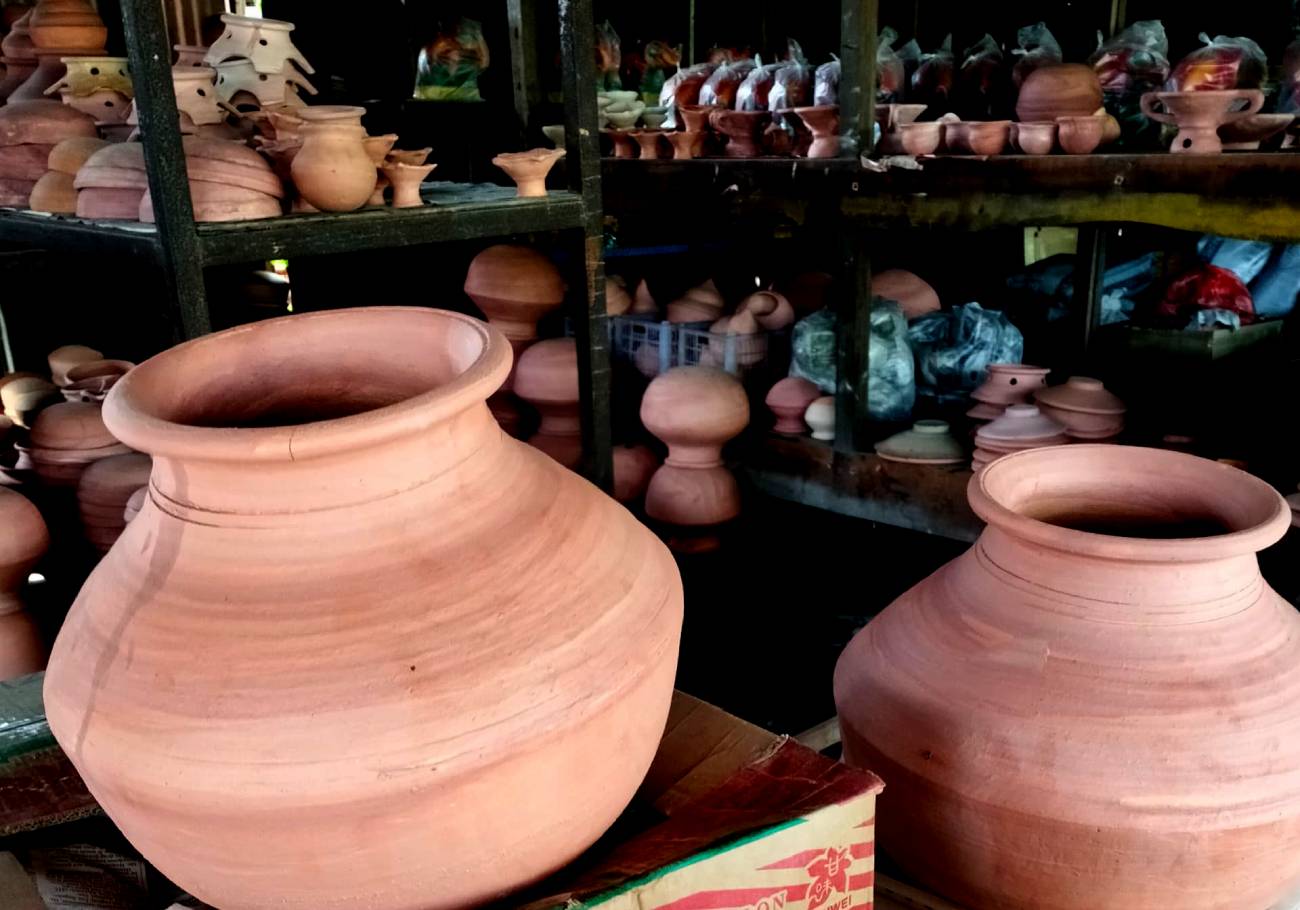By S M Mohd Idris, President, Sahabat Alam Malaysia (SAM)
The spotlight has once again focused on Malaysia as a transit point for the illegal elephant ivory trade, following seizures of blood stained tusks hidden among a container of anchovies bound for Penang and Johor for re-export to China.
Sahabat Alam Malaysia expresses concern that Malaysia is becoming a major hub for smugglers to transship wildlife products to neighbouring countries as indicated by frequent hauls.
Where and how these elephants were slaughtered remains a mystery, but such large-scale killing leaving countless young animals orphaned has truly numbed conservation groups to the core. As the seizure came to light, wildlife police from 11 African nations were already meeting in Botswana to learn new strategies to combat poaching. Such atrocity is a grim and inevitable reminder that we are losing the war against wildlife traffickers.
The huge quantity of seized contraband is a striking indicator of the growth of the illicit ivory trade. To handle this much ivory requires expertise in commodity trade, international finance and other commercial disciplines. The ultimate responsibility for this wholesale decimation of species is due to rising demand for wildlife products in countries like China, Vietnam and Thailand.
The illegal wildlife trade involves a complex and diverse set of actors. These include illegal hunters – ranging from traditional and poor ones to professional hunters, layers of middlemen, top-level traders and organised-crime groups, launderers of wildlife products (such as corrupt officials, captive breeding farms and private zoos) as well as consumers, both affluent and poor.
In Southeast and east Asia, government policies to prevent illegal trade in wildlife continue to be generally characterised by weak laws, limited enforcement and low penalties. Government efforts to inform the public who are largely unaware of and often indifferent to how their consumer behaviour contributes to the devastation of ecosystems in the region and worldwide are woefully inadequate.
Monitoring of captive breeding places is often poor, thus facilitating the laundering of illegally sourced wildlife and undermining the capacity to curb illegal and unsustainable wildlife trade practices.
Trade through web sites whose location is difficult to detect and who operate beyond the current realms of wildlife legislation and enforcement is a further challenge. Wildlife traders are adept at changing routes and modes of operation working through routes where there is lack of enforcement.
Wildlife officials are often outwitted by sophisticated, wealthy smugglers who employ the latest technology, techniques and corruption to avoid arrest.
Unfortunately there are no easy solutions to the problem. At the rate things are going, entire species of living beings will become extinct.
The survival of elephants, tigers, rhinos along with innumerable other species depends on law enforcement, the judiciary, governments, NGOs and the public coming together to tackle the problem seriously.
It is high time wildlife authorities throughout the region refocus their efforts on the wholesalers and traders, including poachers and transporters who often escape prosecution and even if convicted are given lenient penalties. The authorities need to track the traders, arrest them, check on their mobile phones to retrieve numbers and arrest more people in the wildlife network.
The old fashioned concept of enforcement needs to be updated with advanced methods to challenge the ever increasing sophisticated methods of smuggling. This requires an increased number of highly trained and well equipped staff along key transportation routes, trade routes and the end markets where many wildlife parts are sold openly.
Another concern to address is the cooperation and coordination among agencies in combating transborder crime together, consisting of the army, forestry department, police, marines and the customs.
If the trade is not brought under control soon, most countries will lose the majority of their free-ranging elephant populations.












